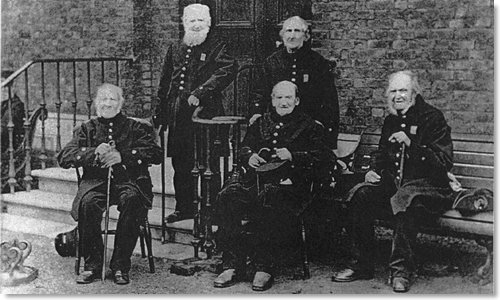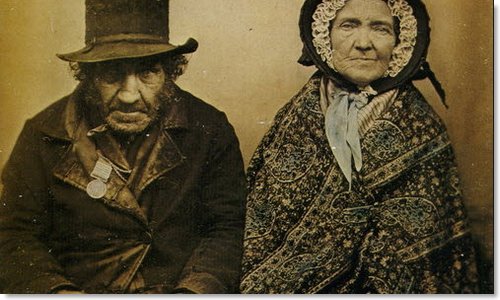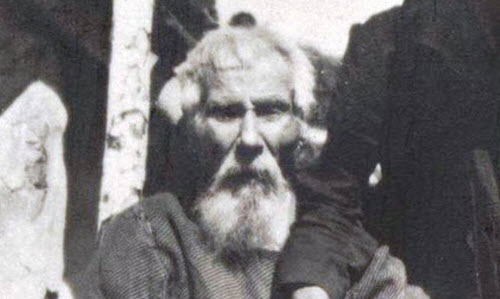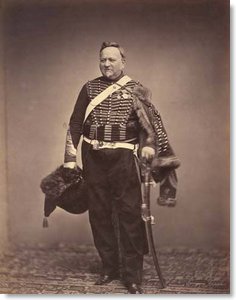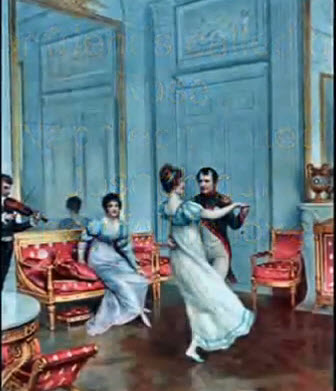The Women of Napoleon's Army
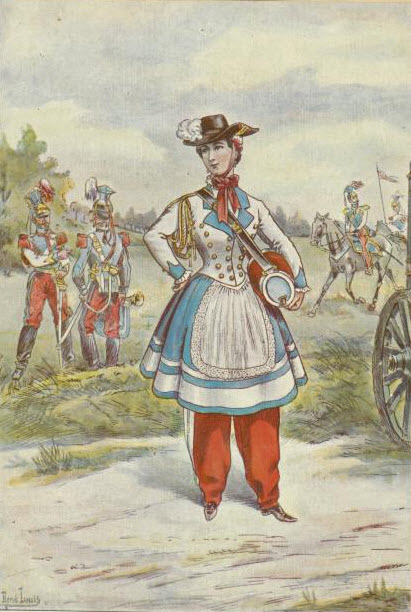
Napoleon famously once said: "An Army marches on it's feet." He was referring to the fact that an army's supply lines are crucial because soldiers cannot fight or maneuver if they do not have enough to eat.
In the French imperial army, Napoleon's soldiers were supplied and fed by two groups of women called vivandieres and cantinieres. These groups had similar functions in that both of them acted as sutlers, which are civilian contractors who keep an army fed while in the field or in quarters. But whereas the cantinieres usually stayed far back from the lines, at least if they could help it, the vivandieres were in the thick of the fighting. They would often carry food and water to the men at the front line, while bullets were flying, act as medics collecting wounded men from the battlefield, and even sometimes take up a rifle themselves and join in the fighting. Their role in keeping up the morale and wellbeing of their units was legendary, and they were often looked on with a mixture of love, admiration and awe by the men they served with. They were not, contrary to some sexist assumptions camp followers in the sense of being prostitutes; in fact their profession as well regarded and respectable.
The name vivandiere derives from the French word viand, meaning food. Thus a vivandiere was a woman who provided food to the troops, though they often sold many other articles including clothing, alcohol and even things such as pens. A cantiniere, got her name from cantine, a store serving the soldiers. Like the vivandiere, she would transport her supplies by mule or horse drawn wagon. She might also own a large tent that she would set up as a social center for the soldiers and make money off of the sale of coffee and alcohol.
These women were granted commissions to serve particular regiments and were subject to military discipline, though they were not in uniform. They were required to sell their goods at a fair price as determined by the military authorities or risk having their supplies confiscated. The vivandieres and the cantinieres did not receive any pay for their services and instead made a living off of the profits that they earned by selling supplies to the men. It was also a requirement that the women be married to one of the soldiers in the regiment in order to keep their position. If her husband died, she had to give up her post but often she would marry another soldier in the same unit. Some women served in the French army through out the Napoleonic wars and were present at all of its major battles.
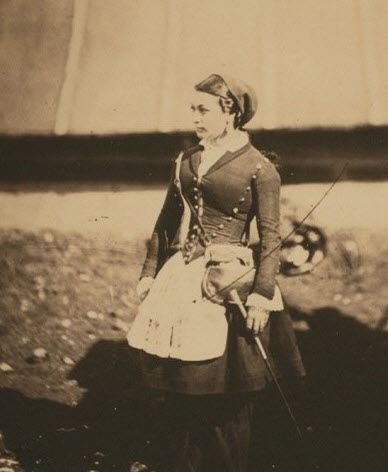
Photograph of a French Vivandiere, from the Crimean War
The vivandieres were especially beloved by the men because of the additional care they provided to them and the risks that they shared. Many vivandieres became national heroines of France, and were recognized for their kindness and bravery under fire. It was not unusual for vivandieres to run back and forth to the firing line, carrying water and food to the men and risking being shot. They would also go out on the battlefield to gather up the wounded, and there ware several occasions when these women fought alongside the men with rifle and bayonet.
On days when their unit was engaged in battle, the women would often provide food and drink to the soldiers at no charge.
These female soldiers proved their value to Napoleon's Grand Armee to such an extent that their role was continued in the French Army for many decades after the Napoleonic wars. Vivandieres and Cantinieres fought in the Crimean War and in the war against Prussia in 1870, though gradually the distinction between the two types became blurred. During the Crimean war, the vivandieres and cantinieres began wearing female versions of their units' uniforms.
Their fame as brave female soldiers reached beyond Europe. A light opera named La Vivandiere became popular. In the United States, the popular media romanticized them as girls who had followed their men to the front out of love. Partially inspired by the French example, the Americans incorporated vivandieres into their army and many women served as vivandieres and cantinieres on both sides of the American Civil War.
